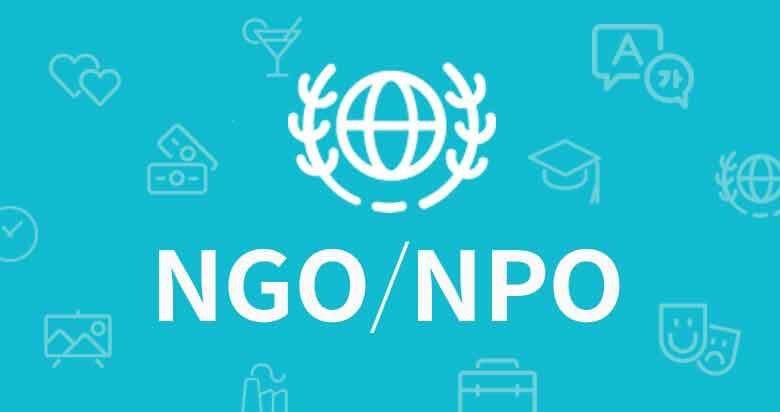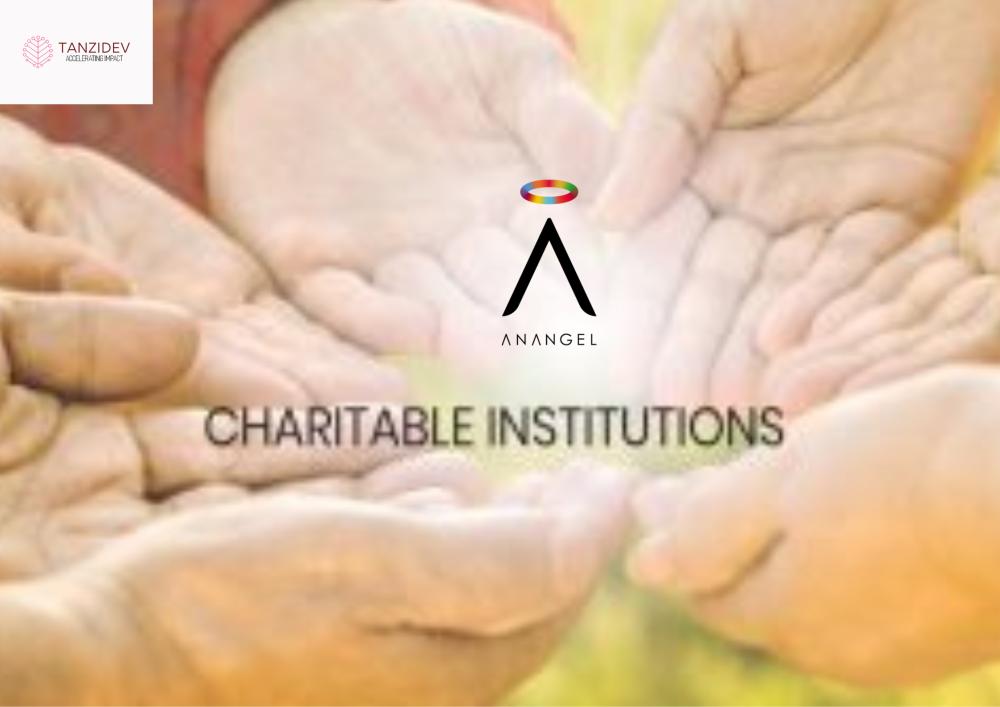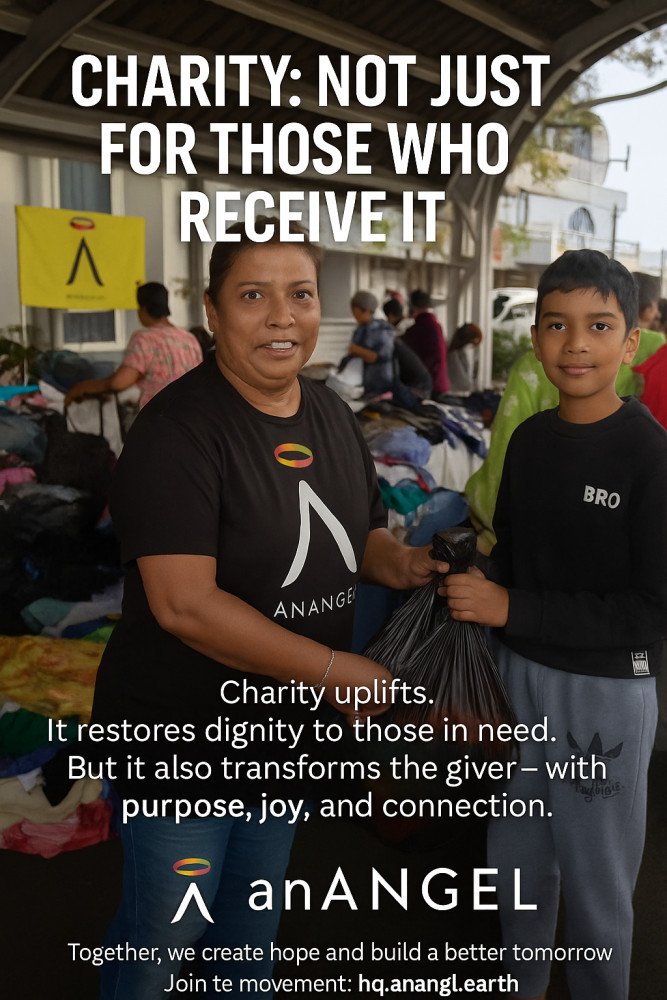

NGO vs. NPO: Understanding the Key Differences and Context in Mauritius!
n the world of non-profit organizations, the terms NGO (Non-Governmental Organization) and NPO (Non-Profit Organization) are often used interchangeably. However, understanding the distinct differences between the two can clarify their roles, legal structures, and the impact they have on society. This blog explores these differences in detail, particularly within the context of Mauritius.
What is a Non-Profit Organization (NPO)?
A Non-Profit Organization (NPO) is any entity that operates with the primary aim of furthering a social cause, rather than generating profit. Any surplus funds are reinvested into the mission of the organization rather than being distributed to members or stakeholders.
Legal Framework for NPOs in Mauritius:
In Mauritius, NPOs are governed under various legal structures, primarily:
Associations: These are groups of individuals who come together for a common purpose, such as promoting arts, education, or social welfare. Associations are registered under the Registration of Associations Act 1978.
Charitable Foundations: These entities are set up with the intention of providing charitable services or funding for humanitarian causes. They are registered under the Foundations Act 2012.
Trusts: Charitable or other non-profit organizations in the form of trusts are established under the Trusts Act 2001, with an emphasis on specific purposes like environmental conservation or human rights.
What is a Non-Governmental Organization (NGO)?
A Non-Governmental Organization (NGO) is a specific subset of NPOs that operates independently from government control, although it may receive funding from governmental or intergovernmental agencies. NGOs are typically focused on social, environmental, or humanitarian causes and aim to bring about systemic change at the grassroots level.
Key Characteristics of NGOs:
- Independence from Government: NGOs operate autonomously from the government, even if they may work in partnership with government agencies or receive public funding.
- Advocacy and Social Change: NGOs often engage in advocacy, human rights, environmental protection, health promotion, and poverty alleviation. They may also work to influence public policy and government actions.
- Focus on Impact: NGOs prioritize measurable social or environmental outcomes and work on the ground to address issues directly in communities.
Legal Framework for NGOs in Mauritius:
NGOs in Mauritius are primarily registered under the Registrar of Associations, and, depending on their activities, they may also be registered with the National Social Inclusion Foundation (NSIF) to access grants and funding. While they are technically a type of NPO, NGOs have a broader scope, often dealing with international development, policy advocacy, and direct community work.
Key Differences Between NGOs and NPOs
While NGOs are a subset of NPOs, there are several important differences between the two:
| Feature | NPO | NGO |
|---|---|---|
| Purpose | Operates for a social cause without profit. | Operates independently to address social or environmental issues. |
| Scope | Can focus on any social cause (e.g., sports, arts, culture). | Primarily focused on social, humanitarian, or environmental issues. |
| Government Influence | Can be linked to government activities or may work under public funding. | Must operate independently from government, though may collaborate with them. |
| Advocacy Role | Typically does not engage in advocacy. | Actively engages in advocacy, policy development, and social change. |
| Examples | Charitable trusts, cultural associations, and religious groups. | Human rights organizations, environmental NGOs, and community development agencies. |
NPOs and NGOs in the Mauritian Context
Mauritius has a rich tradition of non-profit activities, with thousands of organizations working towards various causes. As of recent data, there are over 8,944 registered non-profit organizations in Mauritius. These entities work across sectors like education, healthcare, environmental conservation, gender equality, and social welfare.
Examples of NPOs and NGOs in Mauritius:
The Mauritius Council of Social Service (MACOSS): An umbrella organization that represents over 200 NGOs in Mauritius and plays a key role in fostering collaboration between governmental and non-governmental bodies.
The Mauritius Wildlife Foundation (MWF): An example of an NGO that works on biodiversity conservation, particularly for endemic species of plants and animals in Mauritius.
Action for Children: A charitable foundation that focuses on providing better educational opportunities for underprivileged children in Mauritius.
Why Understanding the Difference Matters
For donors, volunteers, and partners, understanding the distinction between NGOs and NPOs is important for several reasons:
- Funding and Grant Allocation: Many funding bodies have specific guidelines that differentiate between these two types of organizations. While both NGOs and NPOs may receive grants, NGOs tend to have access to larger, international funding due to their scope and advocacy work.
- Operational Focus: NGOs are often engaged in policy advocacy and social change, whereas NPOs may focus on providing local services or community benefits without necessarily engaging in broader advocacy or activism.
- Legal Requirements: While both NGOs and NPOs must be registered, the regulatory framework may differ depending on the organization's objectives and its level of interaction with the government.
Conclusion
While NGOs and NPOs are both integral to addressing social challenges and creating lasting impact in communities, they operate with different objectives, structures, and scopes. Understanding these distinctions helps ensure effective collaboration, better access to funding, and a clearer path to achieving their missions.
Whether you're looking to support or partner with an organization, knowing whether it's an NGO or NPO can guide your approach and contribute to a more informed decision-making process.
Join the Conversation
Do you work with an NGO or NPO in Mauritius? What challenges or successes have you experienced? Let’s discuss in the comments below!


